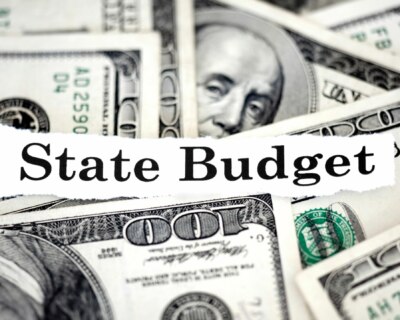Commentary: Two Perspectives on the Budget Deficit (And One is Wrong)
A report by the Louisiana Budget Project on the state’s budget deficit, and a subsequent rebuttal by Professor Jeffrey Sadow, illuminates the fundamental differences between progressive and conservative economic philosophies.
Edward Ashworth of the LBP blames middle-upper class tax breaks for a giant drop in state revenues, which in turn has forced a drop in spending on the poor, elderly, students, etc. Of course, Ashworth makes no mention of the fact that the state currently overspends on unnecessary state jobs and bureaucratic offices. Essentially, he doesn’t realize that the state government is already too big, spread too widely, and too fiscally irresponsible. If he’s really concerned about money going to the disenfranchised, he may want to look into streamlining the government so thay money goes directly to them and is not wasted on superfluous state employees and programs.
Addressing the foundation of Ashworth’s misguided argument, implementing heavier and harsher taxes is never the answer to alleviating a budget deficit. As noted by Sadow, 60% of Louisiana households already pay 96% of individual income taxes. Adding more to that burden will stifle economic growth and suffocate the producing workforce.
On the contrary, our state does not lack money from want of taxing, it just overspends in the wrong areas. For example, Louisiana has the 12th highest per capita rate of state employees and in 2008 was 4th highest per capita in state operating expenses. For a relatively small state in terms of population,this is unacceptable. A reduction in the size of the state apparatus means a more efficient government and more money to spend on the disenfranchised. More and more rounds of taxes are not the answer and will solve nothing.
The main fallacy in Mr. Ashworth’s argument is that, especially during a recession, taking money from the economically most productive segment of the population and giving it to a state government which has demonstrated gross negligence in spending it wisely (particularly in regard to those Mr. Ashworth sympathizes with) is fiscal suicide. Not coincidentally, his viewpoint translates readily to that of the contemporary liberal view of fixing our national economic downturn.




